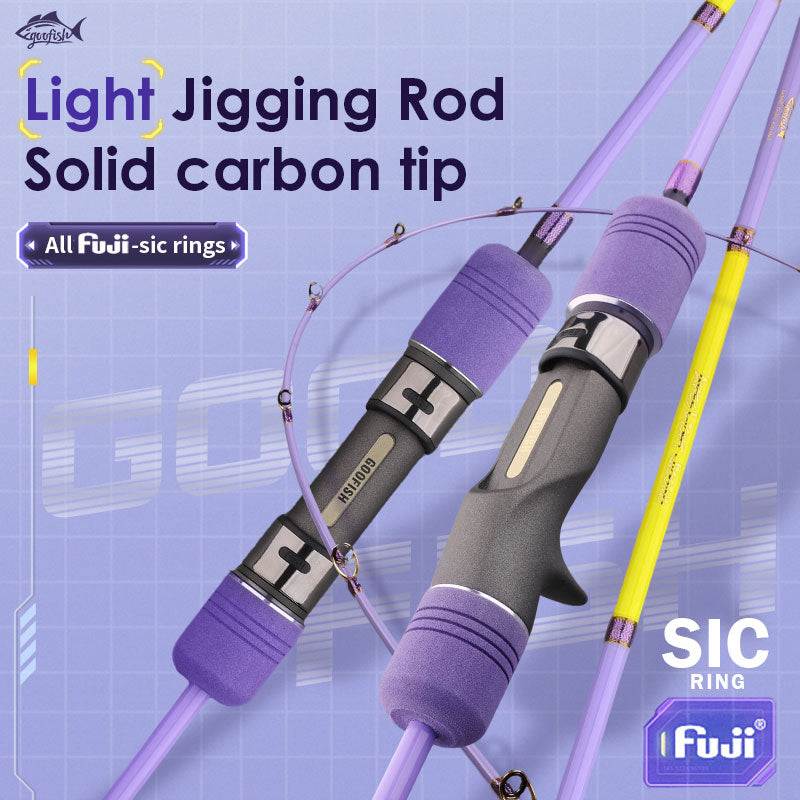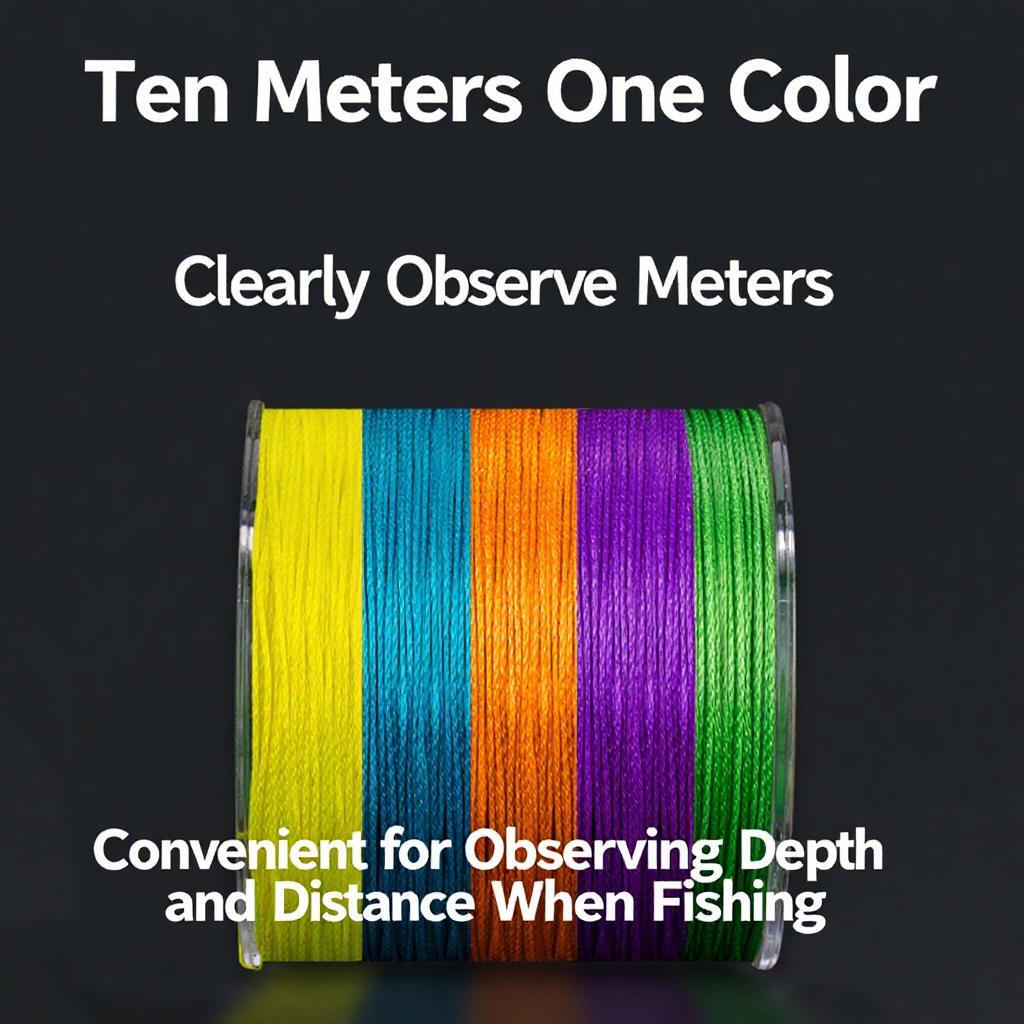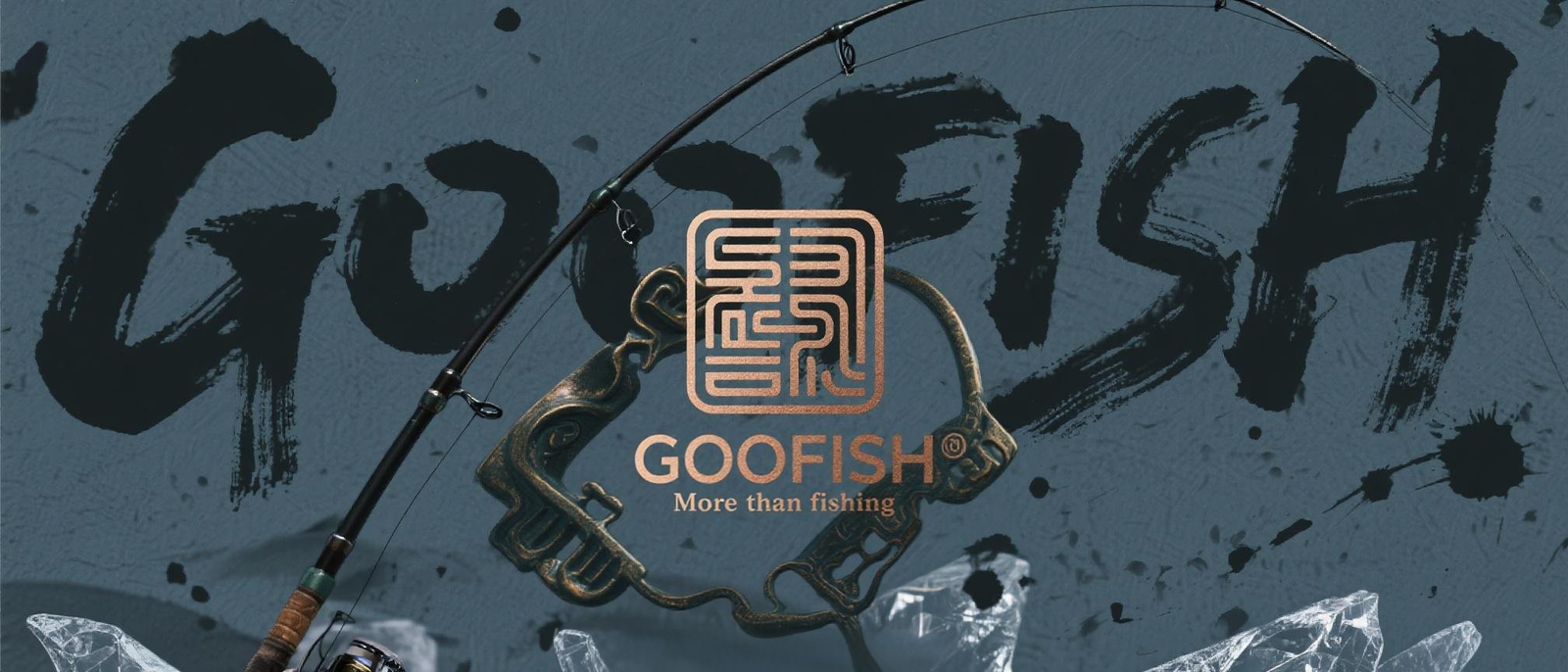🌊⚓ Trolling Billfish Rods: Striking the Perfect Balance Between Lightweight & Stiffness for Epic Battles
When chasing marlin, sailfish, or tuna offshore, your trolling rod is more than just a tool—it’s an extension of your fishing intuition. Today, we’re diving deep into the age-old tug-of-war: lightweight vs. stiffness in billfish rods. Which matters more? And how do you choose the right stick for your next saltwater adventure? Let’s break it down with battle-tested insights.
Why Weight Matters (But Isn’t Everything)
A lightweight trolling rod (think 15–20 oz. for most models) is a game-changer for endurance. Picture reeling for hours in the tropics—less fatigue means sharper reflexes when a 500-pounder strikes. Modern graphite blanks and composite handles have revolutionized lightweight design, offering durability without sacrificing sensitivity. Anglers targeting smaller billfish or long-duration troll sessions swear by these rods for their ability to detect subtle taps and reduce arm strain.
But here’s the catch: too light = too flimsy. A rod that can’t handle the initial headshake of a marlin will flex dangerously, risking leader breakage or even rod damage. Lightweight rods thrive in calm conditions and when paired with high-quality guides (look for ceramic or titanium-coated rings) to minimize friction.
The Power of Stiffness: When You Need to Stand Your Ground
Stiffness, or a rod’s “backbone,” is non-negotiable for big game. A stiff rod transfers power efficiently, letting you horse fish away from danger quickly—critical when avoiding sharks or coral reefs. Stiff-action rods (rated “fast” or “extra-fast”) excel in rough seas, heavy trolling loads, and when targeting large species like blue marlin. They also shine with heavy baits (think 20+ oz. umbrella rigs) or when fighting fish that prefer to dive deep, as they prevent the rod from collapsing under pressure.
However, stiffness shouldn’t come at the cost of “give.” A rod with zero flex in the tip will struggle to set hooks on fast-swimming fish, while a overly stiff blank can lead to premature fatigue. The ideal stiff rod balances rigidity with a controlled “taper” for smoother power delivery.
Finding Your Balance: Key Considerations for Anglers
-
Fishing Conditions: Calm, clear days? Go lightweight for finesse. Choppy seas or heavy tackle? Prioritize stiffness.
-
Bait Size & Trolling Speed: Large baits and high speeds demand stiffer rods to handle vibration; smaller teasers benefit from lightweight sensitivity.
-
Leader Setup: Light leaders (for finesse) pair best with moderate-flex rods, while heavy mono/leader systems need stiff blanks to prevent flex-induced abrasion.
-
Personal Preference: Some anglers swear by “rod feel” (lightweight = better connection), while others prioritize durability (stiffness = reliability). Test both in real-world conditions—you’ll know it when you feel it!
Battle-Tested Picks for Every Scenario
-
Lightweight Champion: Daiwa Saltist 2500H—ultralight graphite with a fast tip for marlin teasers, yet sturdy enough for daily trolling.
-
Stiffness Specialist: Penn International VI—forged carbon composite with a bullet-proof backbone, perfect for big game in open oceans.
-
All-Rounder: Shimano Terez SW—mid-flex design that adapts to both light-trolling for mahi-mahi and heavy battles with billfish.
Final Verdict: It’s About Synergy, Not Sacrifice
The truth? Great trolling rods master the art of compromise. A well-engineered rod balances lightweight materials with strategic stiffness—think “progressive action” blanks that flex in the tip for sensitivity but stiffen in the mid/butt sections for power. Remember: your rod is only as strong as its weakest link—pair it with quality fishing tackle, leader material, and a reel that matches your trolling speed for unstoppable results.
Whether you’re chasing world-record billfish or just enjoying the ride, the right fishing rod turns every troll into a story waiting to unfold. 🌟 Tight lines, and may your rod bend with pride—not regret!











Leave a comment